Fortunately, by far most children are born healthy. It is, however, also possible to have your unborn baby tested for a number of congenital disorders. This is known as prenatal screening. There are three screenings: the screening for Down, Edwards and Patau syndromes, the 13-week ultrasound and the 20-week ultrasound (fetal anomaly scans). Undergoing screening is not required. You determine if you want to have the tests done. During your first appointment, we will ask if you want to know more about the screening. If you do, we will make an appointment to discuss it.
Screening for down-, edwards- and patausyndroom
People with Down syndrome have an intellectual disability and their level of development cannot be predicted. They suffer more often from health problems; in general these can be treated well. Children with Edwards or Patau syndrome generally die before or during birth. They rarely live past the age of one. These children suffer from serious intellectual and physical disabilities.
You may choose to screen for your child’s risk of having Down, Edwards or Patau syndrome with the non-invasive prenatal test (NIPT).
The NIPT
The NIPT tests the blood of the pregnant woman from 10 weeks of pregnancy. During pregnancy a small amount of genetic material (DNA) from the placenta is also in your blood. This placental DNA is almost always the same as the DNA of the child. The laboratory is then able test the child for signs of Down, Edwards and Patau syndromes.
The laboratory can also determine other chromosomal abnormalities. These abnormalities could be detected in the child, the placenta and even sometimes in the pregnant woman. These are additional findings. You decide whether you want to be informed about additional findings.
When the result is non-abnormal, this is almost always correct. You do not require any follow-up testing. In the case of an abnormal result, there is a chance that the child does not have the disorder. You can only be certain if you have a chorionic villus sampling test or amniocentesis.
You can have your blood drawn for the NIPT in Amstelland Hospital, together with the other blood tests.
Read more about this screening at www.pns.nl
13-week scan
The 13-week scan is a screening for physical abnormalities in the baby early in pregnancy.
In the Netherlands, you can only opt to have the 13-week scan if you are participating in the scientific IMITAS study. This study is investigating the advantages and disadvantages of the 13-week scan.
The 13-week scan and the 20-week scan are very similar. At 13 weeks the baby is smaller and less developed. At both scans a sonographer will use an ultrasound machine to see if the baby has any physical abnormalities.
A physical abnormality means that part of the baby’s body looks different from what is expected.
The scan looks at the head, heart, spine, abdominal cavity and arms and legs. The sonographer will also check the amniotic fluid and the growth of the baby. The sonographer is required to inform you of all the findings. This means that you cannot have a partial scan. There is no risk to either the mother or the baby from a screening test.
You can have the 13-week ultrasound scan from 12+3 up to 14+3 weeks of pregnancy. This means from twelve weeks and three days up to and including fourteen weeks and three days.
The 13-week scan is performed by a specialised sonographer using the latest equipment. This ultrasound can be done at our locations in Amstelveen and Amsterdam Buitenveldert, by Marloes Smidtman. In the case of a medical indication, the anomaly scan is done in an academic hospital.
Read more about this screening at www.pns.nl
Costs and insurance coverage
If you are a care user in the Netherlands, you will not pay anything for the NIPT and the 13-week scan.
20-week scan
The 20-week scan can be performed to assess and pick up any eventual anomalies to the child’s anatomy and organs. Examples of physical abnormalities are spina bifida (an open spine), an open skull, hydrocephalus, heart defects, a hole in the diaphragm, a hole in the abdomen, structural abnormalities of the kidneys, and structural abnormalities of the bones.
The scan looks at the head, heart, spine, abdominal cavity and arms and legs. The ultrasound checks the baby’s growth, the location of the placenta and to see if there is enough amniotic fluid. It is usually possible to determine the baby’s gender if you wish to know.
It is not possible to see all anomalies with this ultrasound. There is never a guarantee of a healthy baby. You will be informed if the ultrasound reveals any abnormalities or if there is any doubt and will be referred to an academic hospital. In a number of cases follow-up testing reveals that there is nothing wrong.
You can have the 20-week scan from week 18 until week 21 of your pregnancy. This means up to 21 weeks and 0 days of your pregnancy. The best time to have the scan is in week 19 of your pregnancy. That is 19 weeks and 0 days up to and including 19 weeks and 6 days of your pregnancy.
The 20-week scan is performed by a specialised sonographer using the latest equipment. This ultrasound can be done at our location Kamillelaan in Amstelveen, by Marloes Smidtman and Suzanne van Bloemen. In the case of a medical indication, the anomaly scan is done in an academic hospital.
The 20-week scan is covered by basic health insurance.
Prenatal screening for medical reasons
Some tests are only done if you are at increased risk of having a child with an abnormality. This could be because a member of your immediate family has a hereditary disorder. Other reasons for follow-up testing are an abnormal 13- or 20 week scan or NIPT result. A chorionic villus sampling or amniocentesis can provide more certainty.
Read more information about invasive testing, the advanced ultrasound exam and the medical indications for these on the website of the Amsterdam UMC.
Similar subjects




